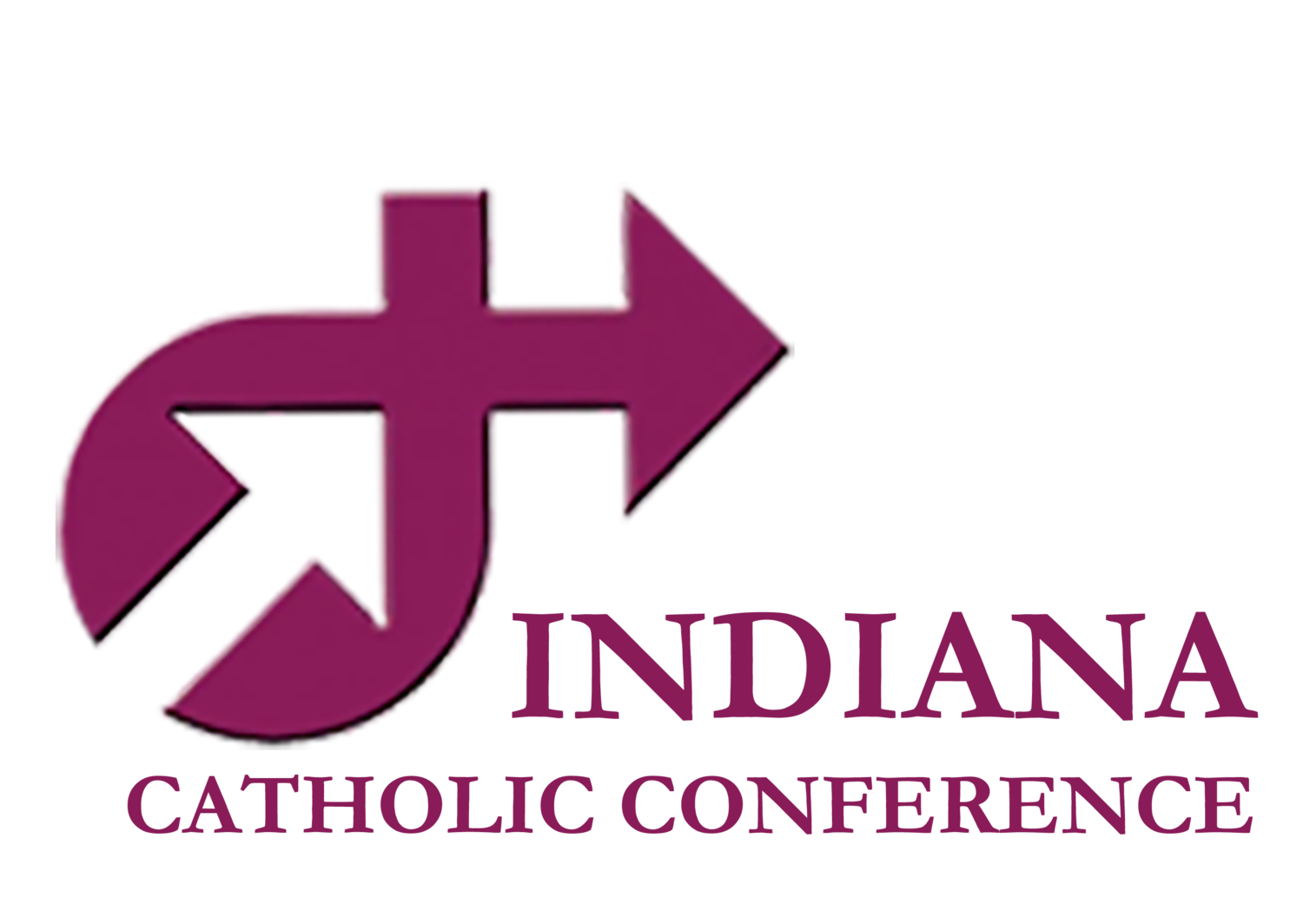
Faithful Citizenship
Voting in Indiana
Are you registered to vote? Have you taken time to learn about the candidates on your ballot?
The Indiana Catholic Conference, alongside the United States Conference of Catholic Bishops, urges a Faithful Citizenship approach to voting, which includes the proper formation of one's conscience and the responsibility to engage politically.
"If indeed 'the just ordering of society and of the state is a central responsibility of politics,' the Church, 'cannot and must not remain on the sidelines in the fight for justice." (Evangelii Gaudium, no. 183)
"We need to participate for the common good. Sometimes we hear: a good Catholic is not interested in politics. This is not true: good Catholics immerse themselves in politics by offering the best of themselves so that the leader can govern." (Pope Francis, 9/16/13)
The earlier you decide on how you will be voting, the less stressful the voting process will be. Click the Indiana Voters Information link below to check your voter registration status, review candidates on your ballot, and more.
The bishops of the United States also publish a guide to help Catholics properly form their consciences and apply the Church’s doctrine to life as a citizen. To read this document or for more information, click the Forming Consciences for Faithful Citizenship button below. If you are a pastor or a parish leader, the Political Guidelines for Parishes, published by the ICC, provides a list of supported and prohibited activities during election season and beyond.
If you need assistance from the ICC regarding voting or the Church’s positions on any issue, reach out to us at icc@archindy.org.
Does our obligation to faithful citizenship end after we cast a ballot?
We don’t want to diminish the importance of voting, but we recognize that practicing faithful citizenship goes beyond casting a vote in an election. Living as a faithful citizen is synonymous with the universal call to holiness: Christ belongs in every aspect of our lives—including the way we engage in politics. He also belongs in the way we talk to family members and coworkers about politics, the way we strive to recognize the dignity of those with whom we disagree, and the way we engage with our neighborhoods, schools, city leaders, social media, etc.
The Indiana Catholic Conference offers a concrete suggestion for practicing faithful citizenship beyond elections: bringing the voice of the Church to state politics (sign up for I-CAN). As legislators deliberate policies which impact us and our neighbors in Indiana, the Church attempts to use her voice to emphasize the dignity of the human person and promote the common good. When you sign up for I-CAN alerts, the ICC can connect you to the issues you care about most in the Hoosier state.
“Our purpose is to help Catholics form their consciences in accordance with God’s truth. We recognize that the responsibility to make choices in political life rest with each individual in light of a properly formed conscience, and that participation goes well beyond casting a vote in a particular election.”
— Forming Consciences for Faithful Citizenship no. 7
The USCCB provides a host of Faithful Citizenship resources on their website, including English and Spanish language online versions of the Forming Consciences for Faithful Citizenship document.
Also included are discussion resources for parishes, catechetical leaders, colleges and universities, and teachers.



